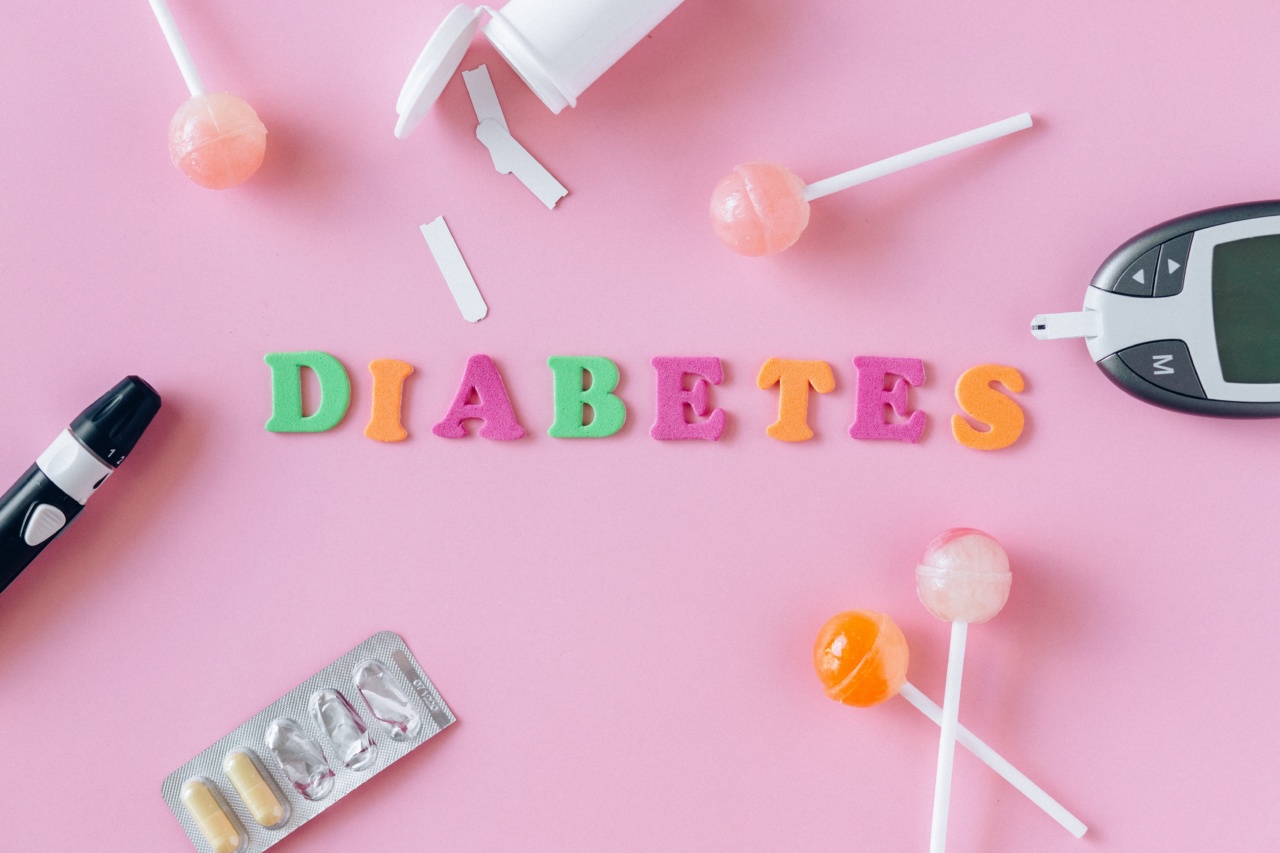Many people are unaware that the food we consume on a daily basis plays a significant role in keeping our kidneys healthy.
The clock diet, also known as timed eating, is a diet designed to optimize the functioning of our kidneys by promoting healthy digestion and regular bowel movements. In this article, we’ll explore what the clock diet is and how it can help keep your kidneys in tip-top shape.
What is the clock diet?
The clock diet is based on the circadian rhythm, the natural 24-hour cycle that regulates our body’s functions, including metabolism and digestion.
The idea behind the clock diet is to eat during the hours when our body is most active and digesting food is most efficient, and to fast during the hours when our body is resting and repairing itself.
How does the clock diet work?
The clock diet works by optimizing the body’s digestion and metabolism. By aligning our eating habits with the body’s natural circadian rhythm, we can improve the efficiency of food digestion and ensure regular bowel movements.
One of the key principles of the clock diet is to avoid eating late at night, as the body’s ability to digest food is reduced during the night-time hours.
What are the benefits of the clock diet for kidney health?
The clock diet has a number of potential benefits for kidney health. By optimizing digestion and promoting regular bowel movements, the clock diet can help prevent kidney stones and other kidney-related conditions.
Additionally, the clock diet may help to regulate blood pressure and reduce the risk of chronic kidney disease.
What foods should you eat on the clock diet?
The clock diet emphasizes eating a balanced, whole-foods-based diet that is rich in nutrients and fiber. Foods that are high in antioxidants, such as berries, leafy greens, and brightly colored vegetables, are particularly beneficial for kidney health.
Additionally, it is important to stay hydrated by drinking plenty of water throughout the day.
What foods should you avoid on the clock diet?
One of the key principles of the clock diet is to avoid eating late at night, as the body’s ability to digest food is reduced during the night-time hours.
Additionally, it is important to avoid processed foods, sugary drinks, and foods that are high in sodium, as these can all be detrimental to kidney health.
What are some tips for getting started on the clock diet?
Getting started on the clock diet can be a bit of a challenge, especially if you are used to eating at irregular intervals throughout the day. Here are some tips to help you get started:.
- Start by gradually shifting your eating schedule to align with the circadian rhythm. For example, try to eat your last meal of the day at least three hours before bedtime.
- Focus on eating a balanced, whole-foods-based diet that is rich in nutrients and fiber.
- Stay hydrated by drinking plenty of water throughout the day.
- Avoid processed foods, sugary drinks, and foods that are high in sodium.
- Try to incorporate physical activity into your daily routine, as this can help improve digestion and promote healthy bowel movements.
Conclusion
The clock diet is a simple yet effective way to optimize the functioning of your kidneys and improve overall health.
By aligning your eating habits with the body’s natural circadian rhythm, you can improve digestion, promote regular bowel movements, and reduce the risk of kidney-related conditions. With a balanced, whole-foods-based diet and regular physical activity, you can keep your kidneys healthy and functioning at their best.































